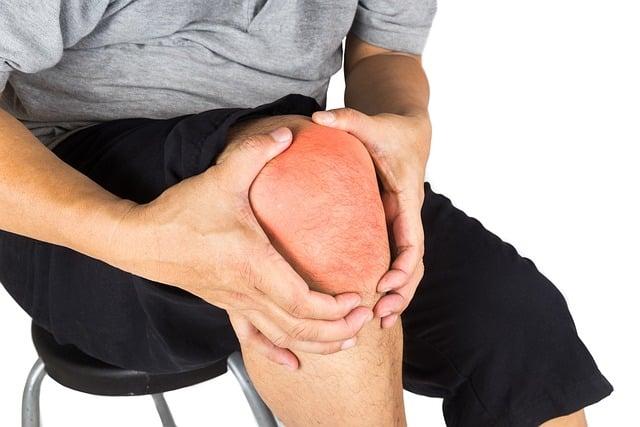
Chronic pain is a common condition that affects millions of people worldwide. It can be caused by a variety of factors, including injury, illness, or conditions such as arthritis. Managing chronic pain can be a challenge, but there are many effective strategies that can help alleviate discomfort and improve quality of life. In this article, we will explore 10 effective ways to manage chronic pain.
1. Exercise Regularly
Exercise is one of the most effective ways to manage chronic pain. Physical activity can help improve circulation, strengthen muscles, and reduce inflammation, all of which can help alleviate discomfort. It is important to choose exercises that are suitable for your condition and level of fitness. Low-impact activities such as walking, swimming, or yoga are often recommended for people with chronic pain.
2. Practice Mindfulness and Meditation
Mindfulness and meditation are powerful tools for managing chronic pain. These practices can help you develop a greater awareness of your body and mind, which can in turn help you better manage pain. By focusing on the present moment and letting go of stress and anxiety, you can reduce the intensity of pain and improve your overall well-being.
3. Maintain a Healthy Diet
Eating a healthy diet can play a significant role in managing chronic pain. Certain foods, such as those high in sugar or processed ingredients, can contribute to inflammation and worsen pain. Focusing on a diet rich in fruits, vegetables, whole grains, and lean proteins can help reduce inflammation and improve overall health, which can help manage chronic pain.
4. Get Adequate Sleep
Sleep is crucial for managing chronic pain. Lack of sleep can exacerbate pain symptoms and make it harder to cope with discomfort. Establishing a healthy sleep routine and creating a calming environment can help improve the quality of your sleep and reduce pain levels.
5. Stay Hydrated
Dehydration can worsen pain symptoms and make it harder to manage chronic pain. Drinking an adequate amount of water each day can help keep your body hydrated, reduce inflammation, and improve overall health. Aim to drink at least eight glasses of water a day to stay properly hydrated.
6. Use Heat or Cold Therapy
Heat and cold therapy can provide effective relief for chronic pain. Applying a heating pad or warm compress to sore muscles can help increase blood flow and reduce pain. Alternatively, using a cold pack or ice can help numb pain and reduce inflammation. Experiment with both heat and cold therapy to determine which works best for you.
7. Try Acupuncture or Massage Therapy
Acupuncture and massage therapy are alternative treatments that can help manage chronic pain. Acupuncture involves inserting thin needles into specific points on the body to stimulate energy flow and reduce pain. Massage therapy involves manipulating soft tissues to help relax muscles and reduce tension. Both treatments can provide effective relief for chronic pain.
8. Practice Relaxation Techniques
Relaxation techniques such as deep breathing, progressive muscle relaxation, and guided imagery can help reduce stress and improve pain management. By focusing on relaxation and letting go of tension, you can help reduce pain and improve your overall well-being.
9. Join a Support Group
Managing chronic pain can be a lonely and isolating experience. Joining a support group can provide you with a sense of community and understanding, as well as provide you with valuable resources and information for managing pain. Being able to share your experiences with others who are going through similar struggles can be incredibly empowering.
10. Consult with a Healthcare Professional
Finally, if you are struggling to manage chronic pain, it is important to consult with a healthcare professional. They can help assess your condition, provide you with a diagnosis, and recommend appropriate treatments or therapies. By working with a healthcare provider, you can develop a comprehensive pain management plan that is tailored to your specific needs and goals.
In conclusion, managing chronic pain can be a challenging and sometimes overwhelming experience. However, by incorporating these 10 effective strategies into your daily routine, you can help alleviate discomfort and improve your quality of life. Remember to listen to your body, be patient with yourself, and seek support when needed. With the right tools and resources, you can learn to live well with chronic pain.


















